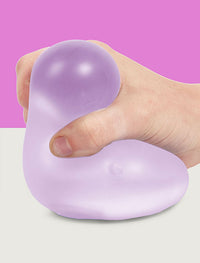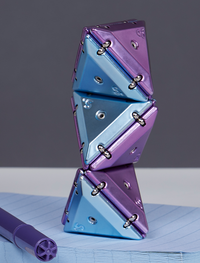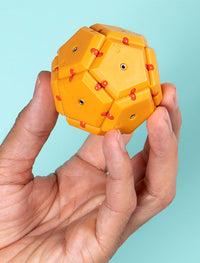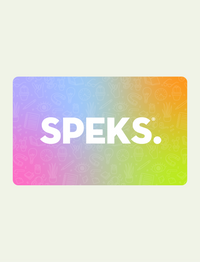When you’re at your desk at work- have you ever caught yourself daydreaming about your next vacation or anxiously awaiting that dreaded meeting you have to attend? It can be hard to focus on being in the moment when your mind is racing and your thoughts are going elsewhere.
Grounding techniques can be helpful in keeping you more present in the moment. By learning how to remain more present, you can help manage the daily stresses and anxiety at work. There are many different types of grounding techniques and the motto I always say is to use what works best for you! Some might work better for you than others (which is perfectly okay!)
- Use all of your senses. Name 5 things you can see in front of you (your computer, a coworker), 4 things that you can feel/touch (your pen, a notebook,), 3 things you can hear (coworkers talking, the phone ringing) 2 things you can smell (someone’s lunch in the microwave, the perfume you put on this morning), and 1 thing you can taste (a mint or piece of gum you might have on you). By using each of your senses you’re able to quickly bring yourself back to what’s happening in the here and now.
- Fidget with something at your desk. I love using fidget objects because they are so easily accessible and you can subtly fidget with them as much as you’d like. I personally enjoy using my Speks fidget because there are so many different colors and textures to it and I can quietly focus on noticing what it feels like while I’m fidgeting it with my hands, I can notice the temperature of the fidget (it feels a little cold to the touch when I first pick it up), and I can describe all the different colors on it.
- Describe doing an activity in as much detail as possible. So, for example, you can mentally describe brushing your teeth. What do you do first? Do you walk into the bathroom and pick up your toothbrush? Then what do you do next? You pick up the toothpaste? And the list goes on. You can pick and choose which activity you want to describe in detail. It can be a simple activity or a more complex one. The idea is that it helps as a mental distraction to redirect your thoughts away from anxious or distressing feelings and shift your focus back to the present because you are accessing the logical/rational part of your brain to describe an activity.
 Mini Gump
Mini Gump Jumbo Gump
Jumbo Gump Neutral Crags
Neutral Crags Oil Slick Crags
Oil Slick Crags Chrome Pyramid
Chrome Pyramid Matte Geode
Matte Geode Gift Card
Gift Card

